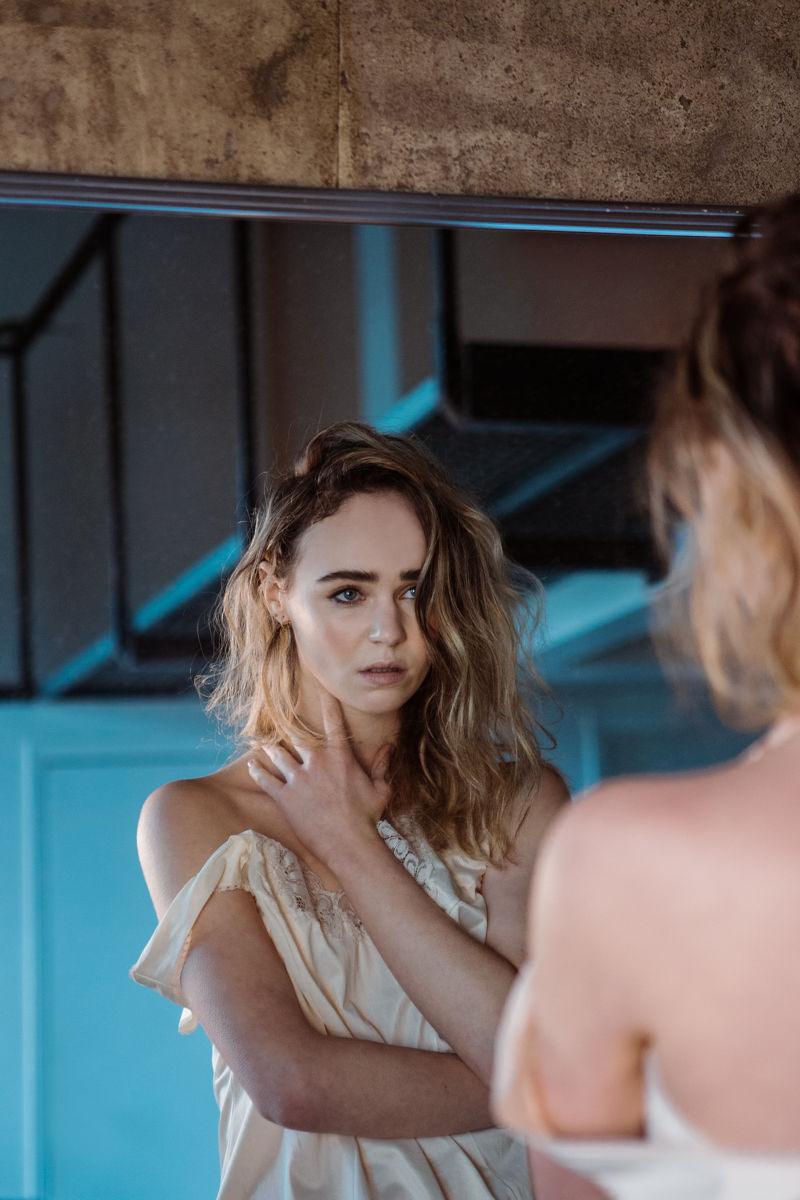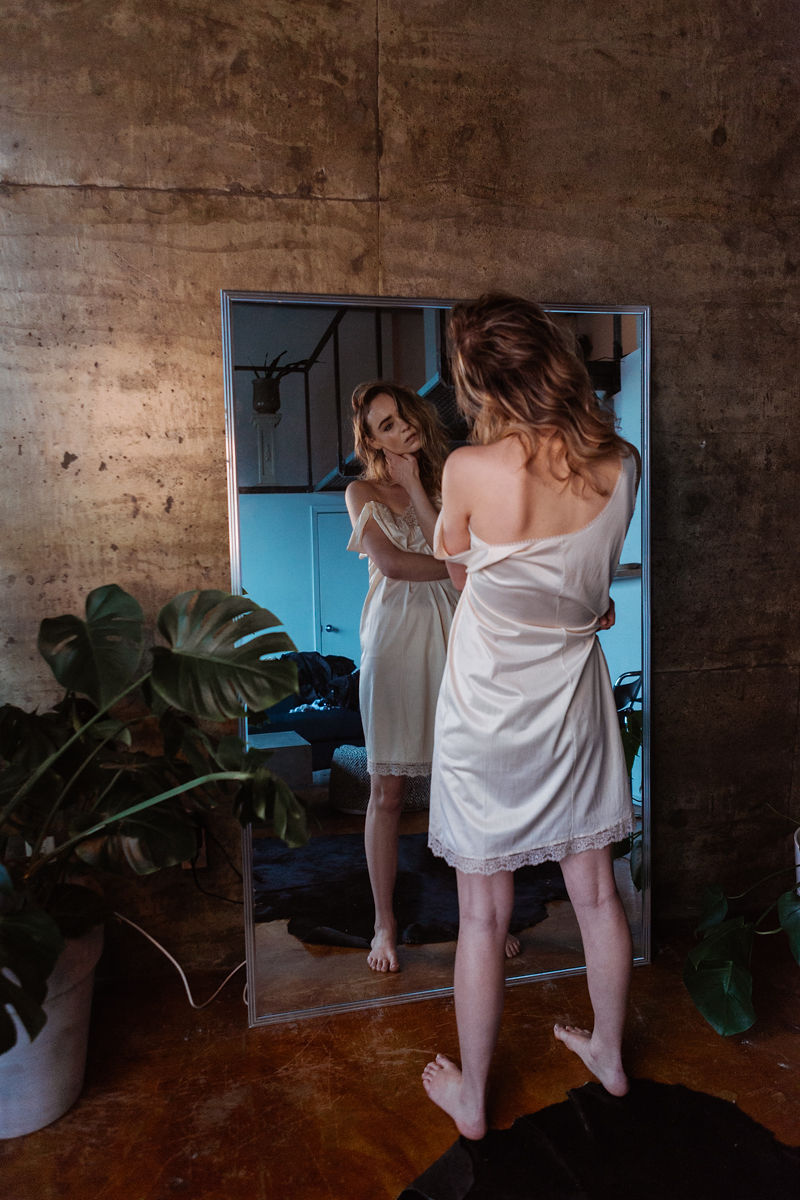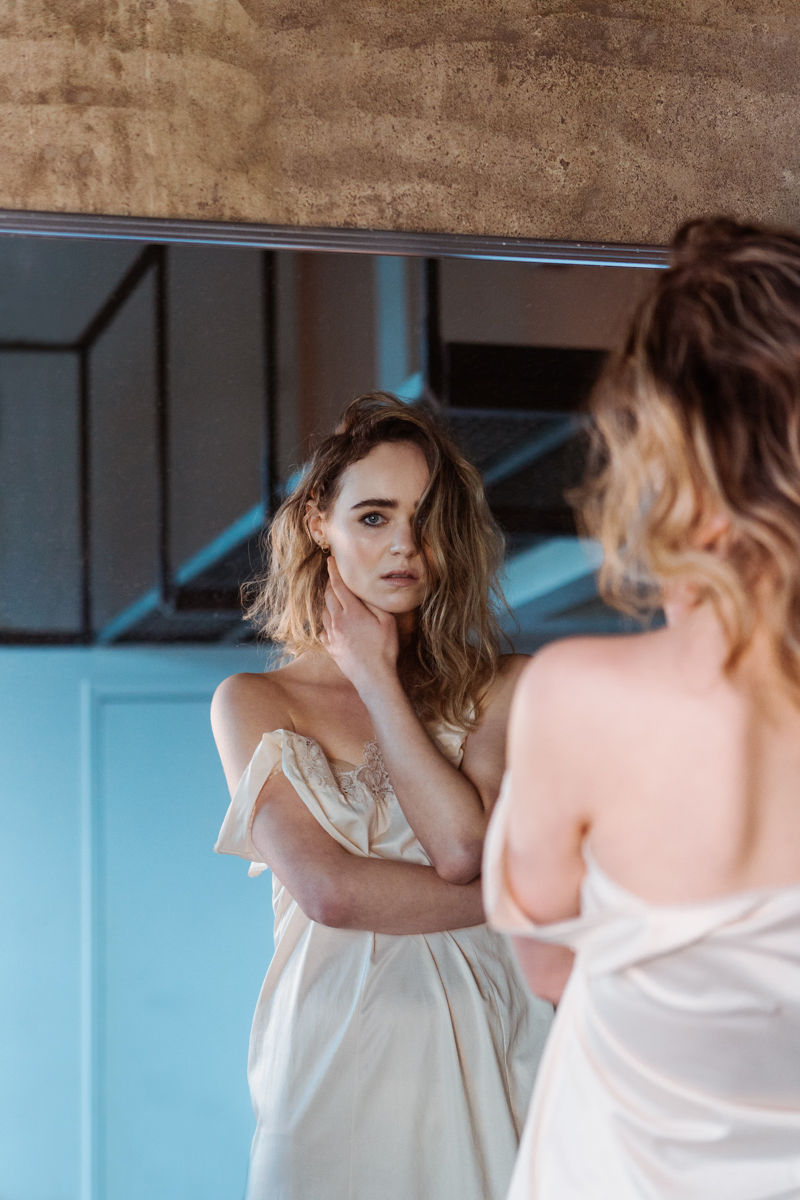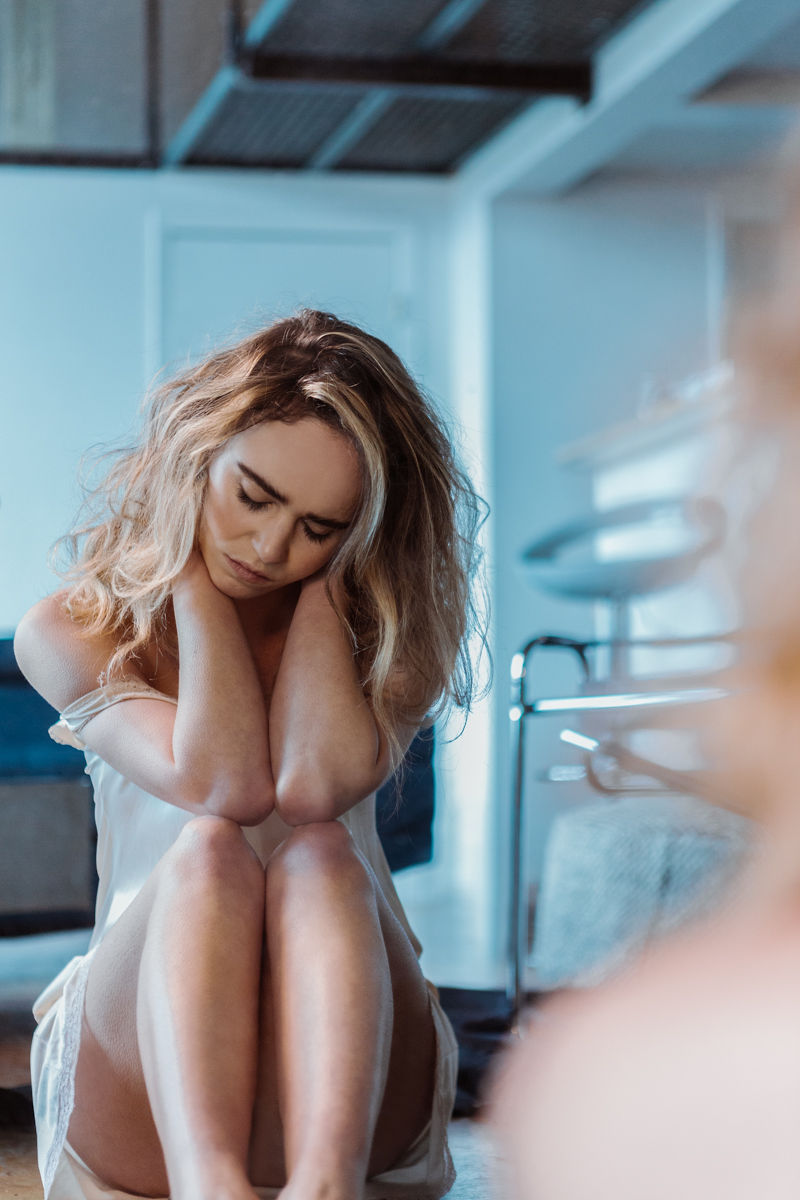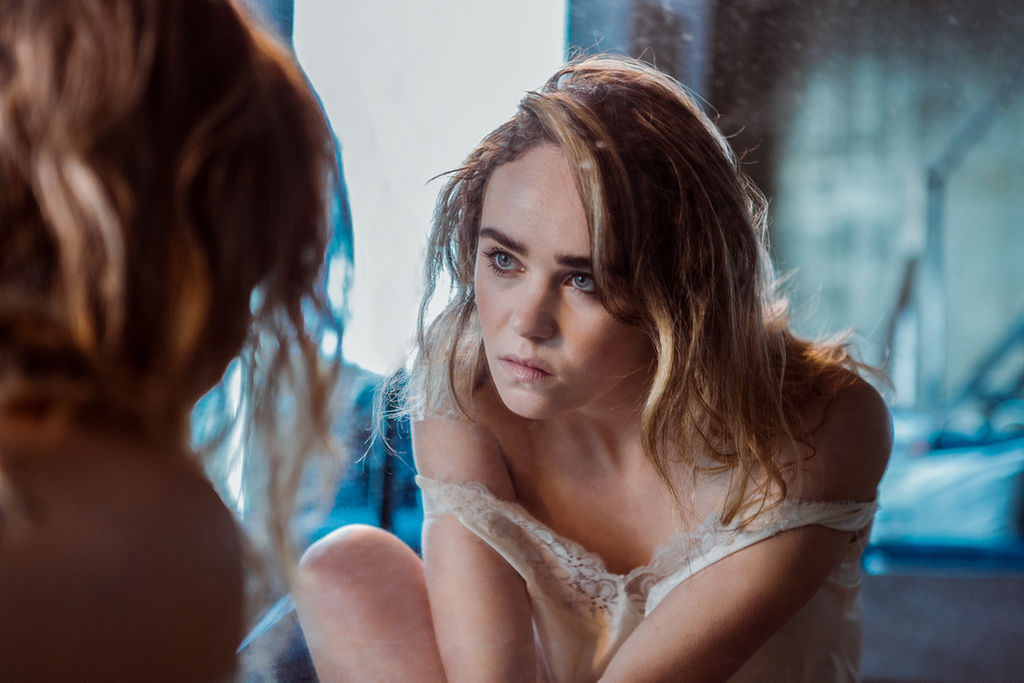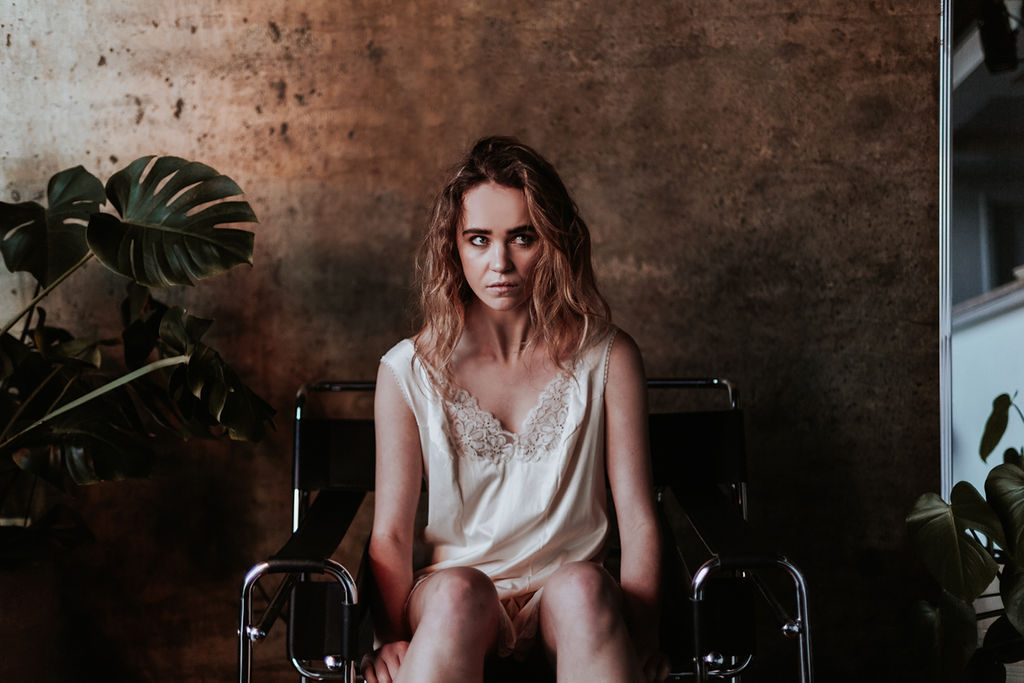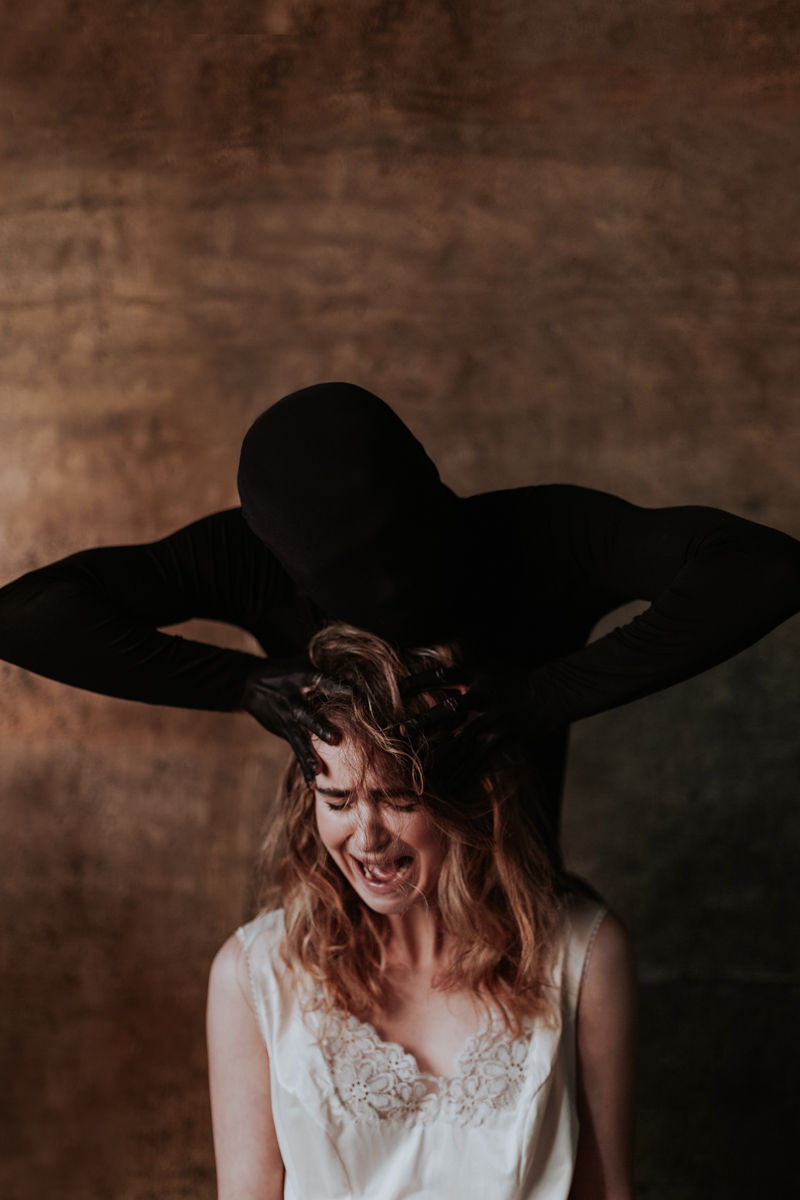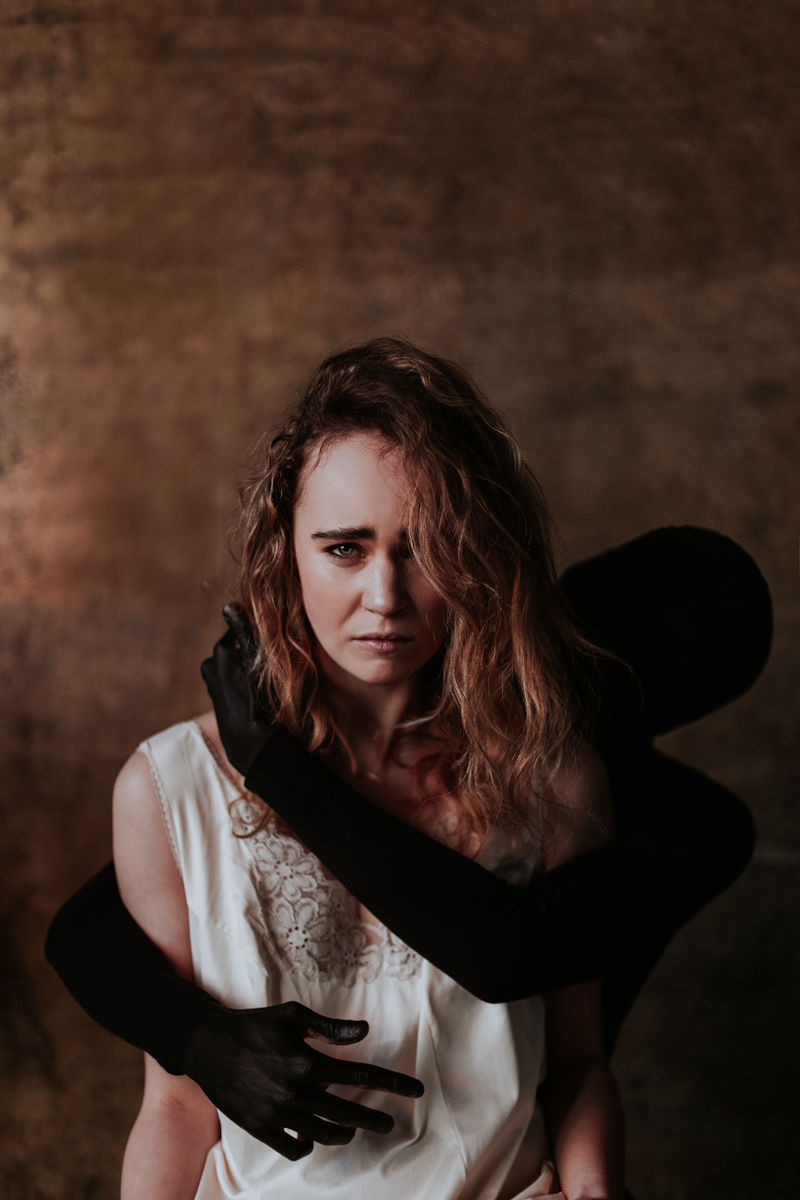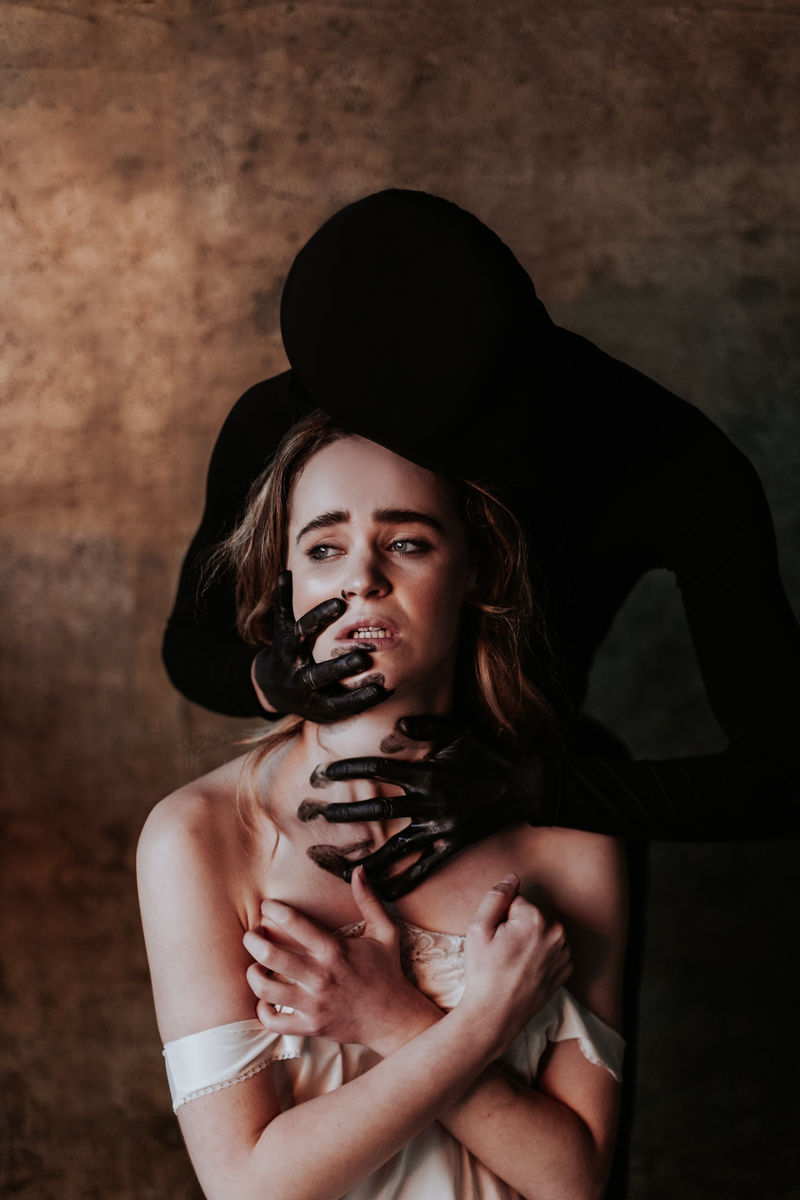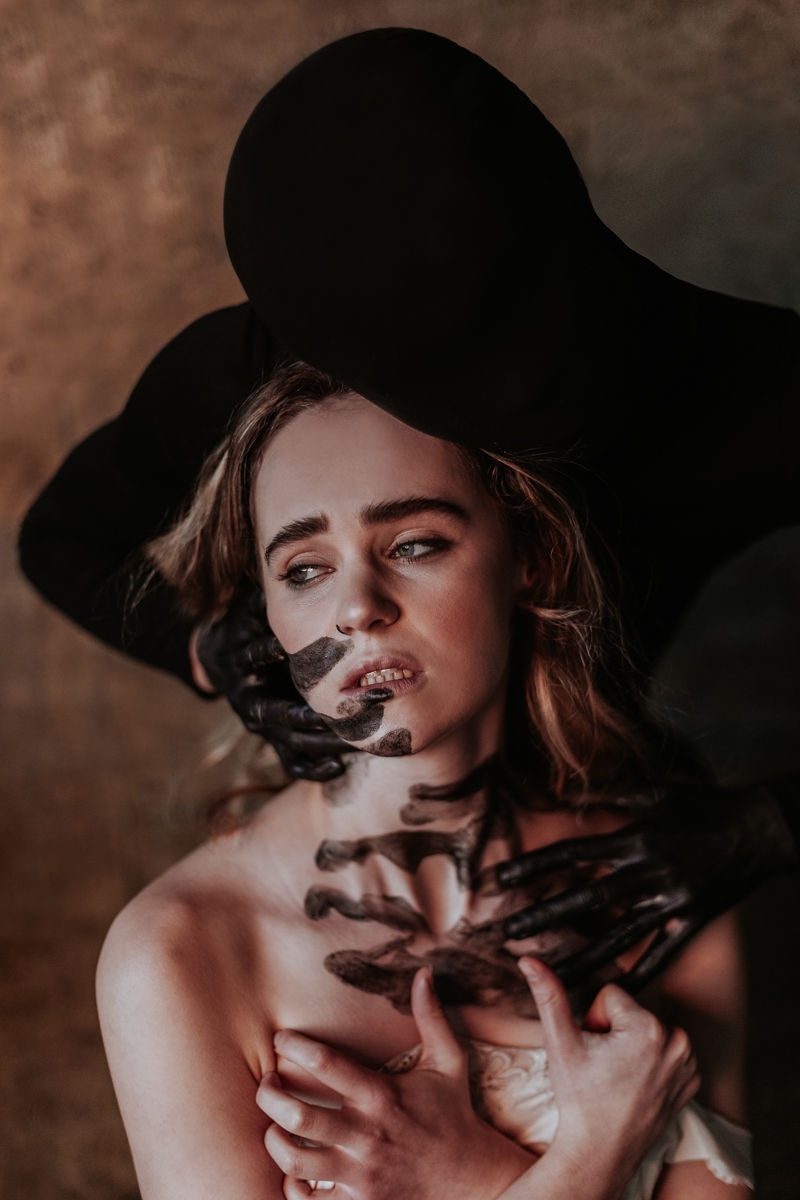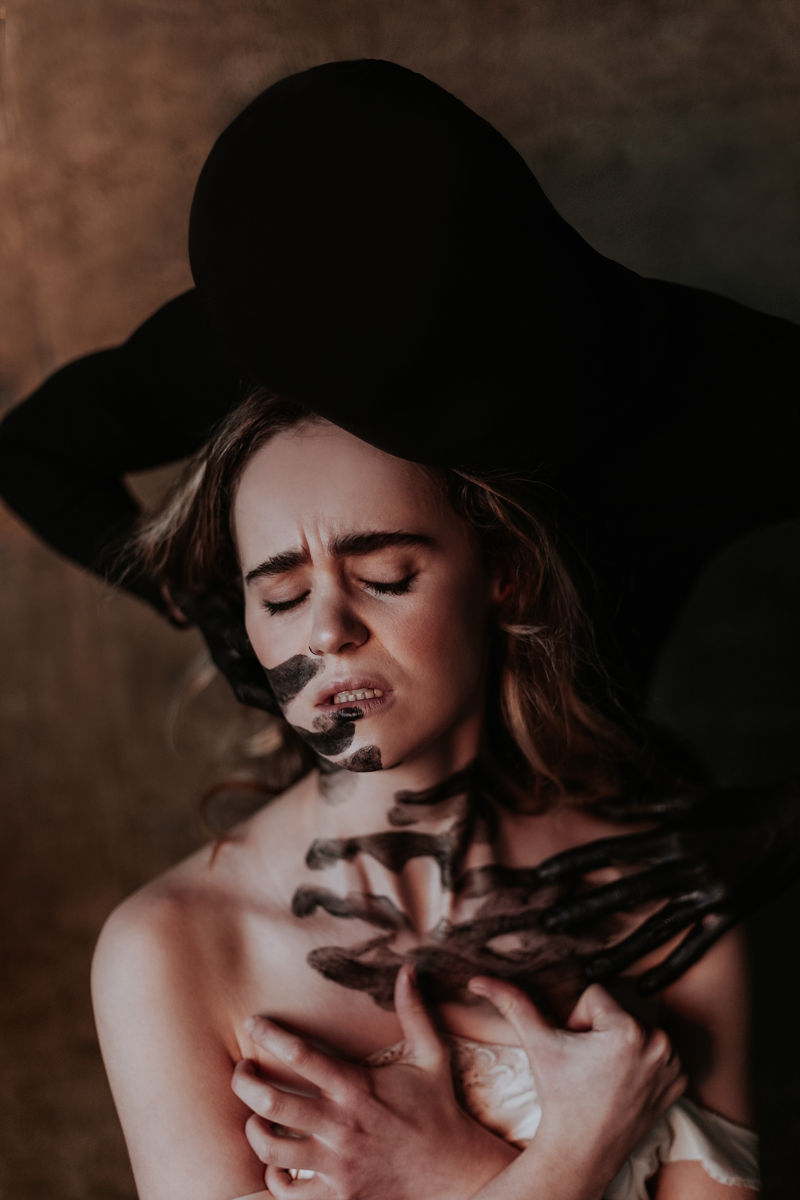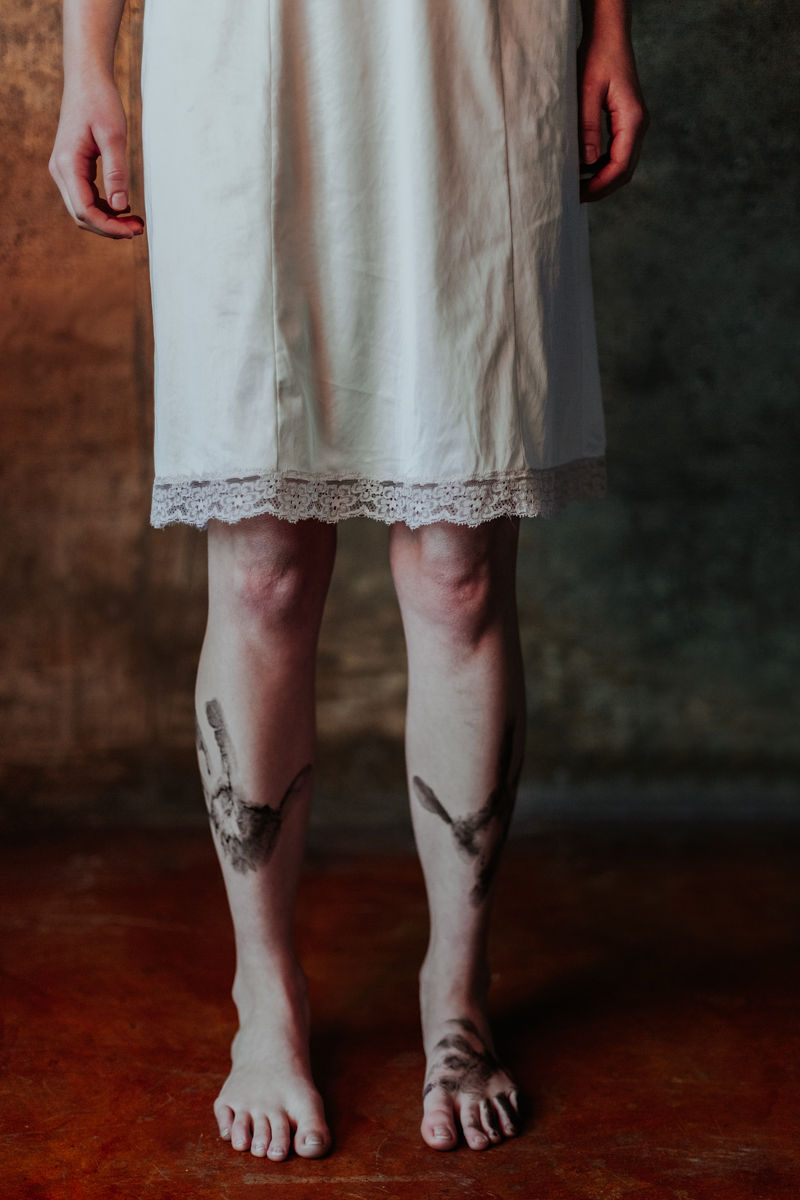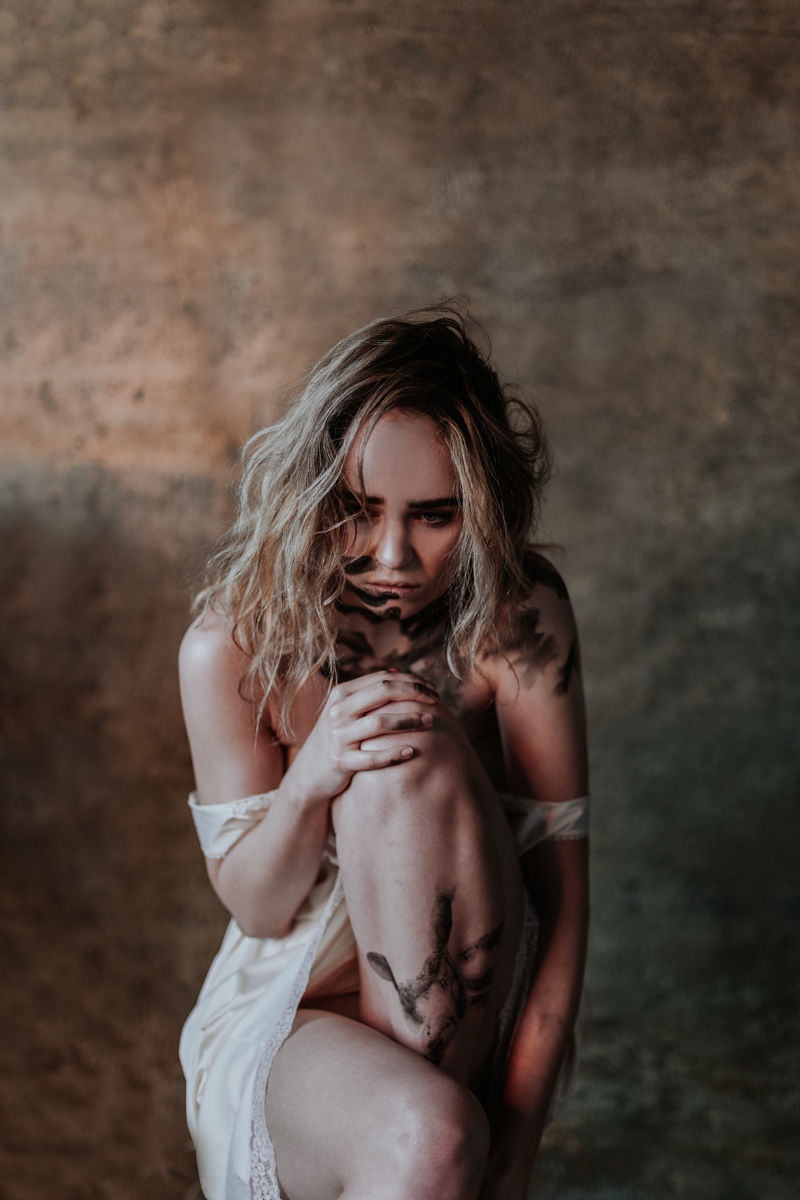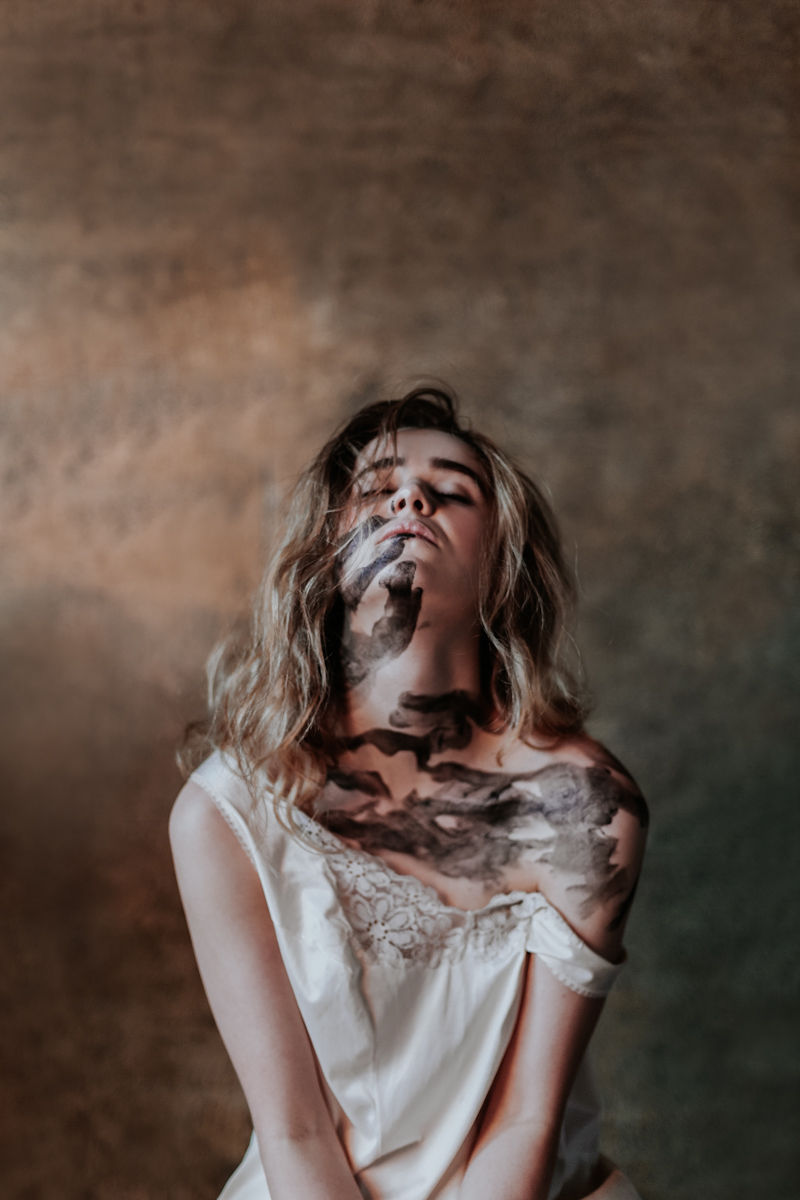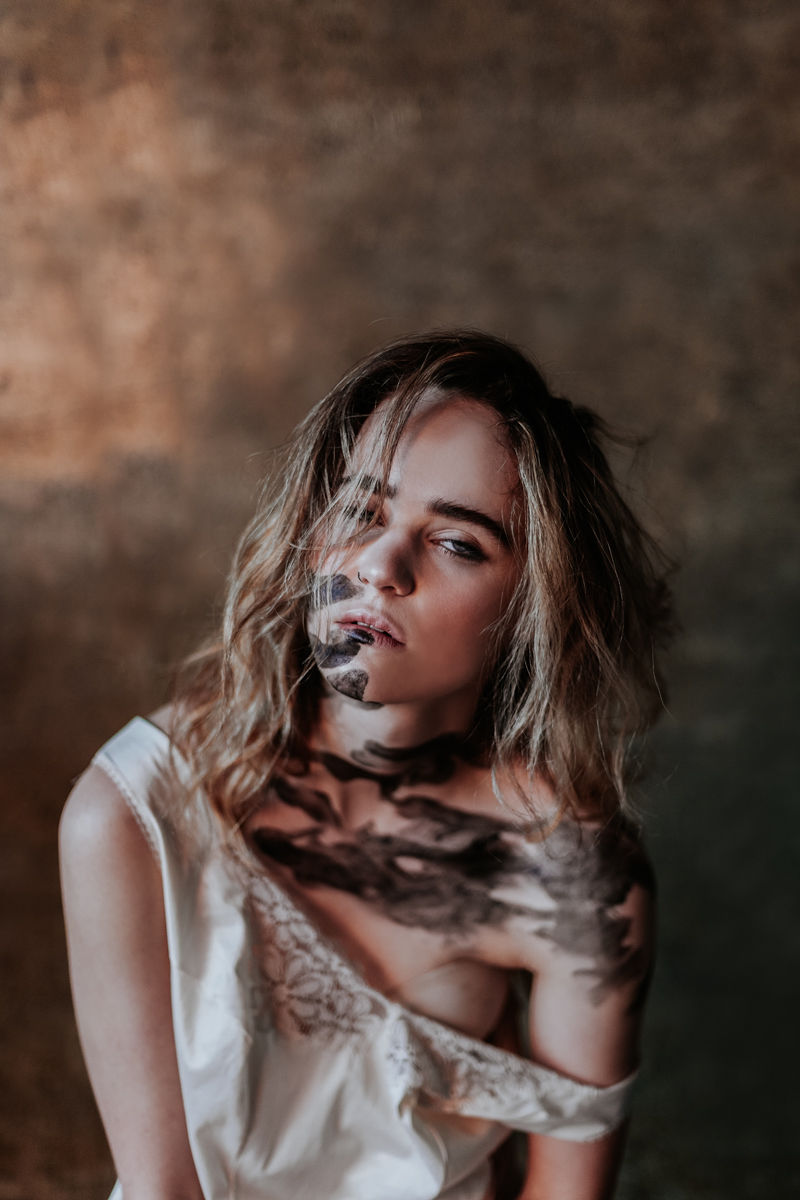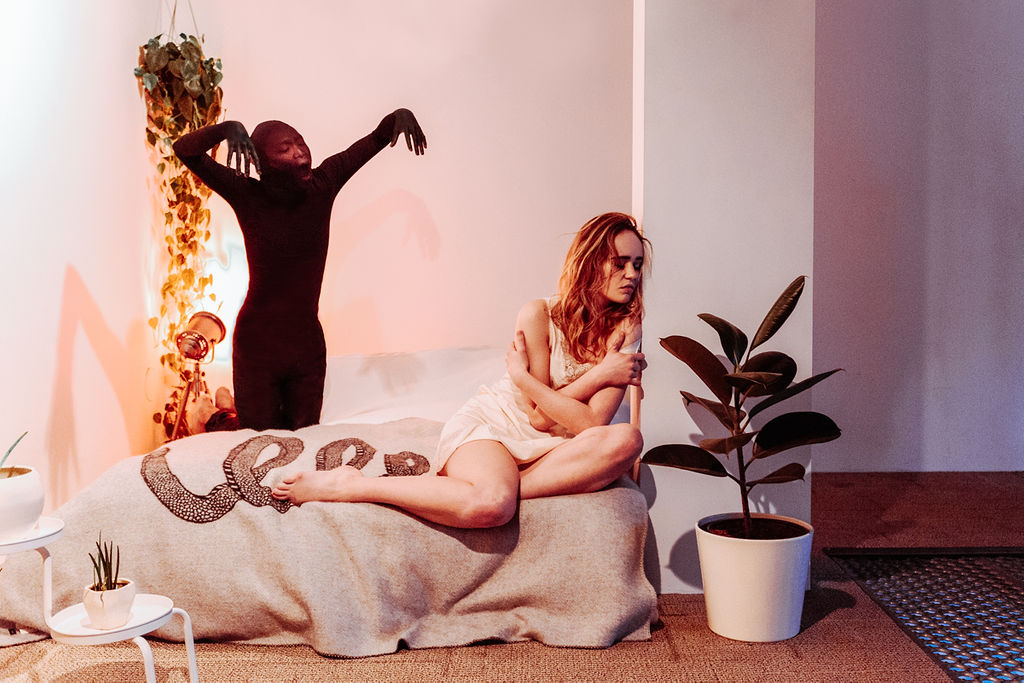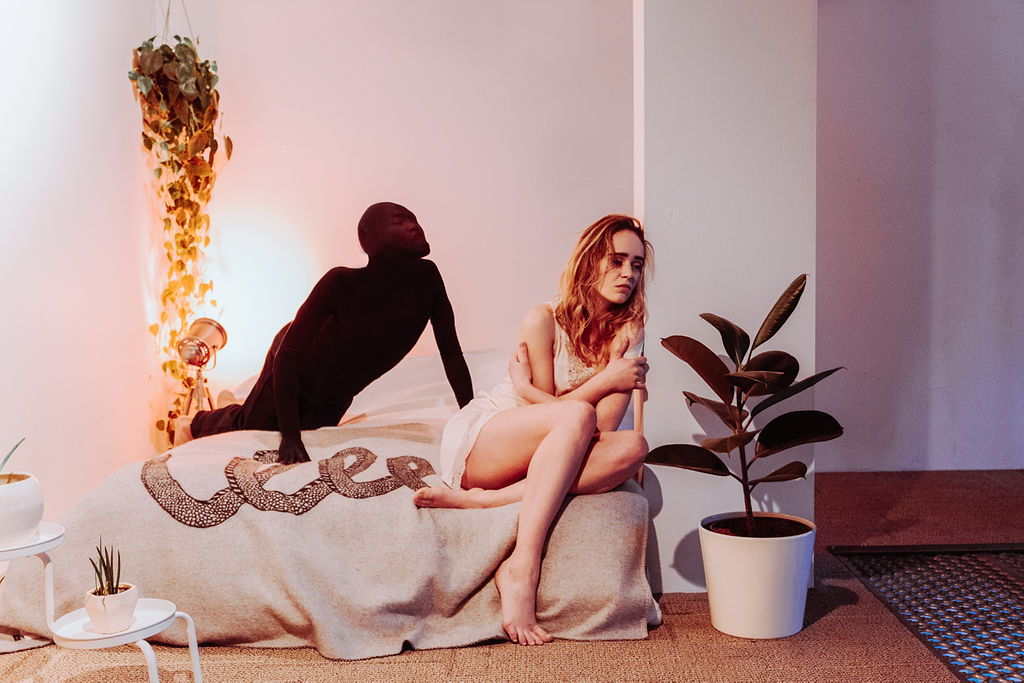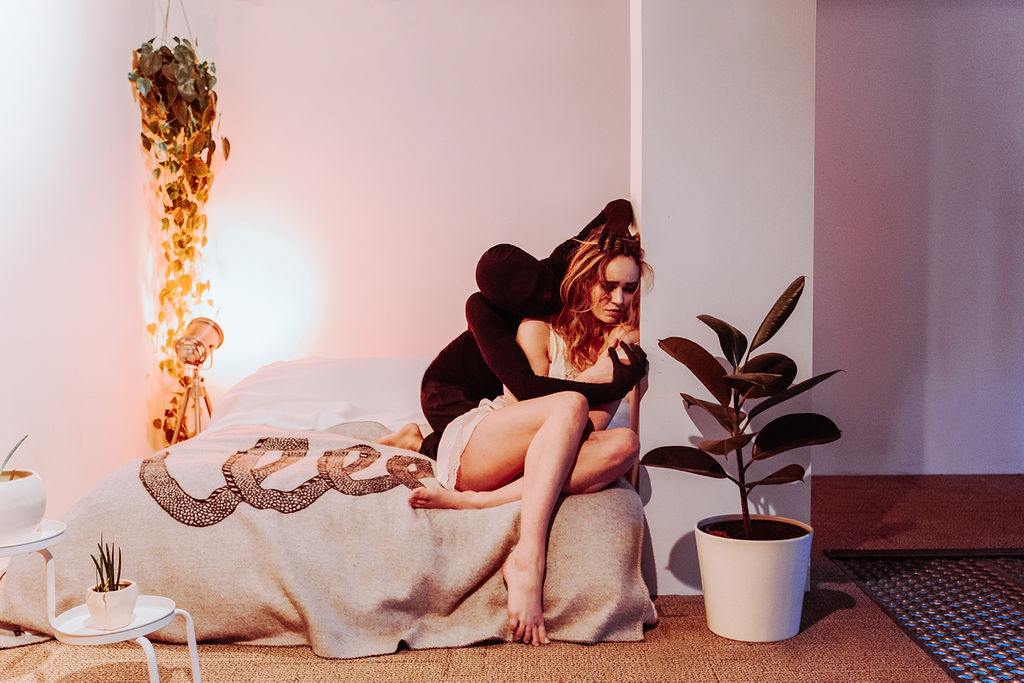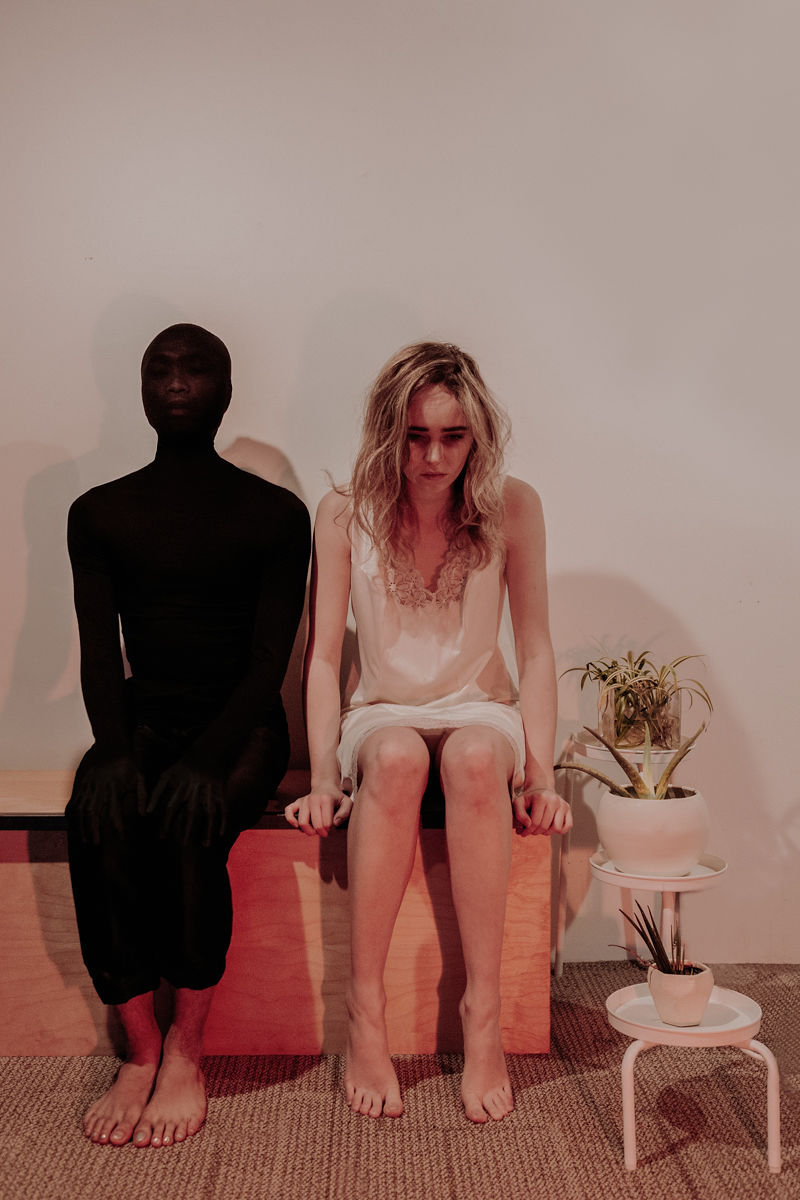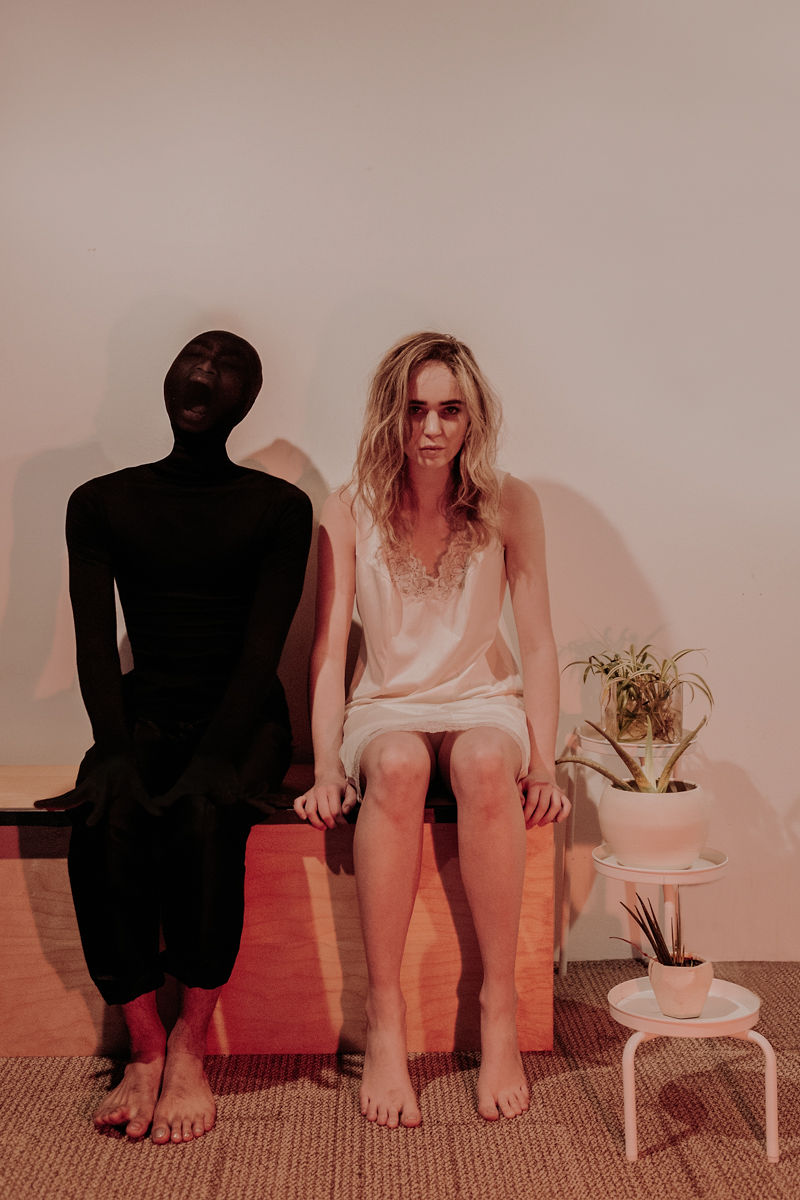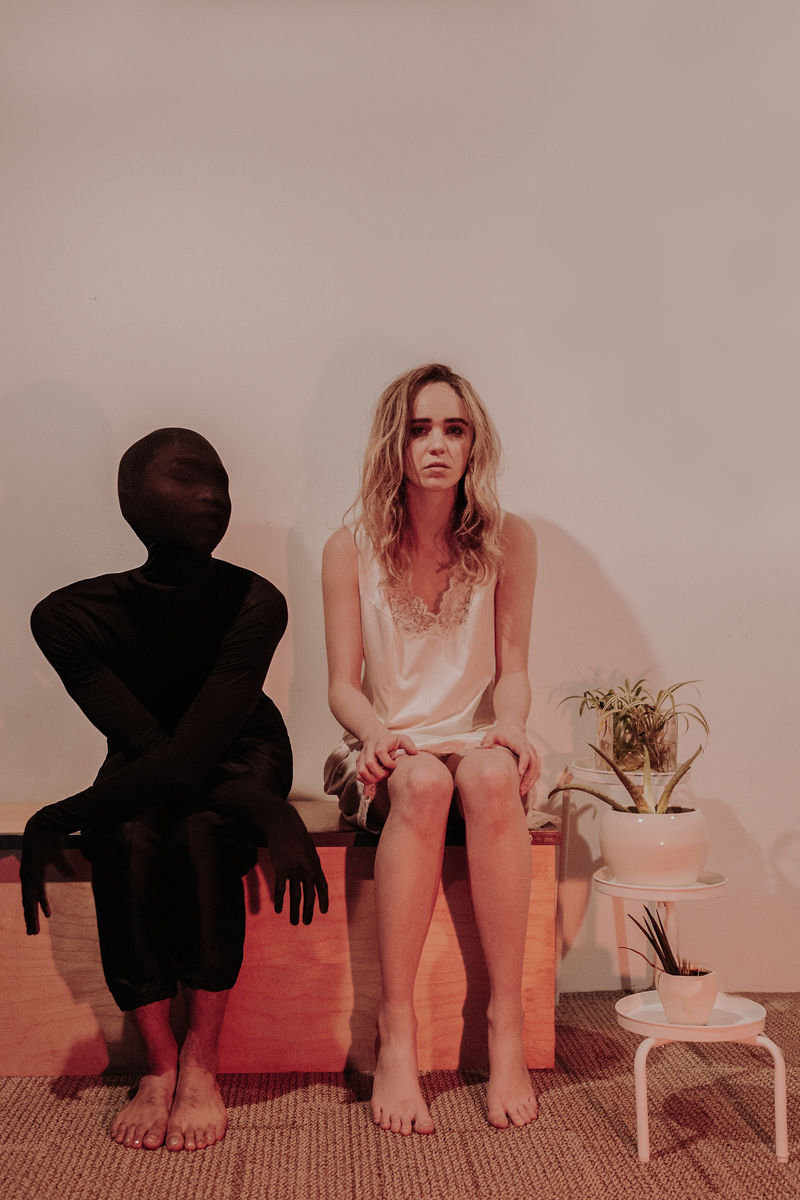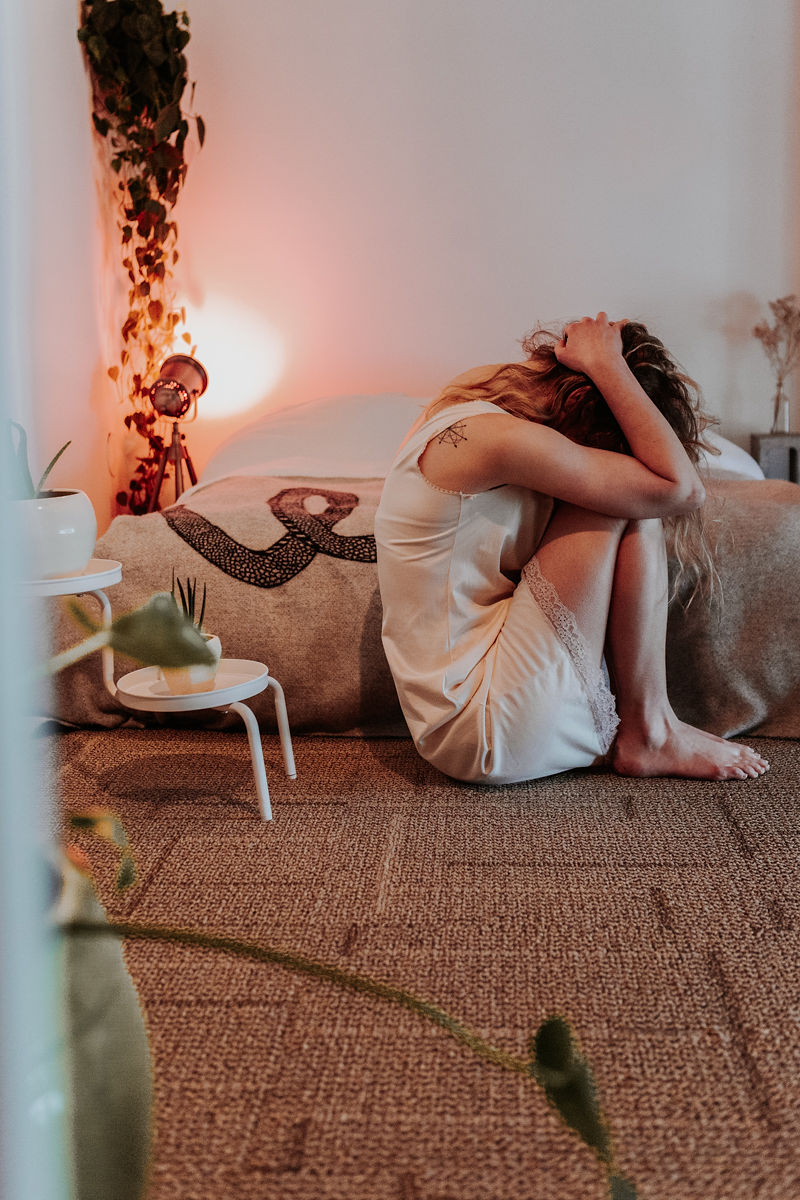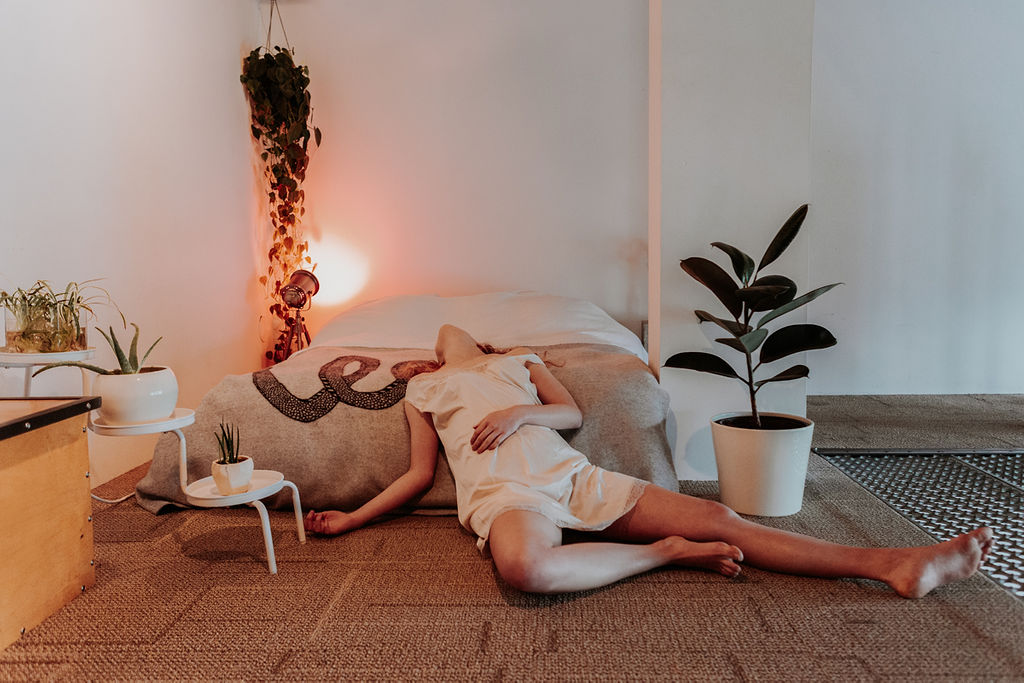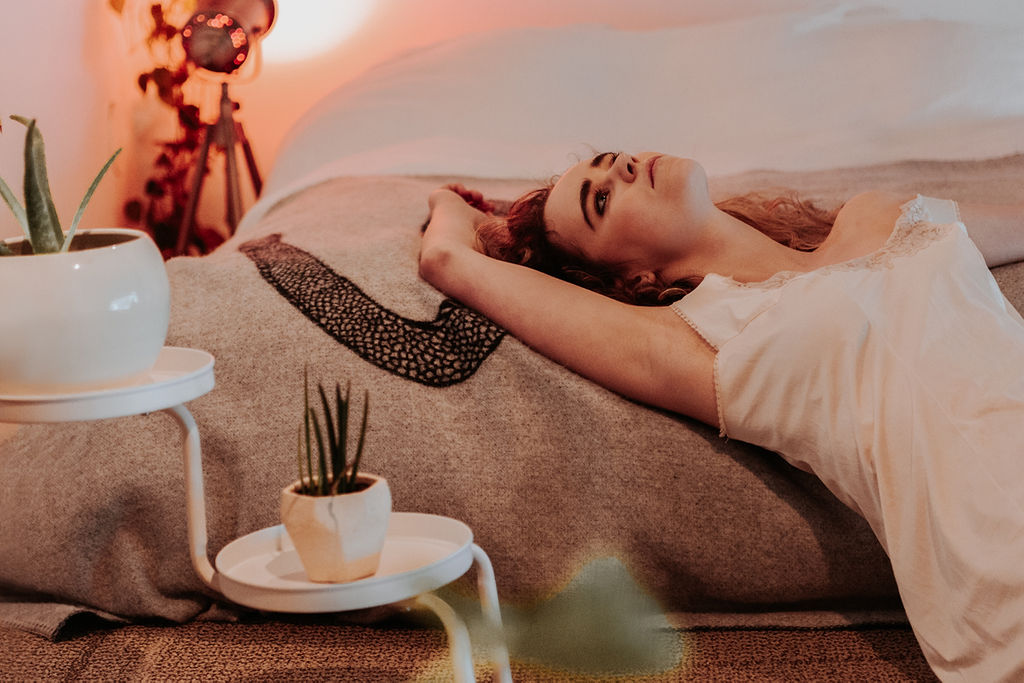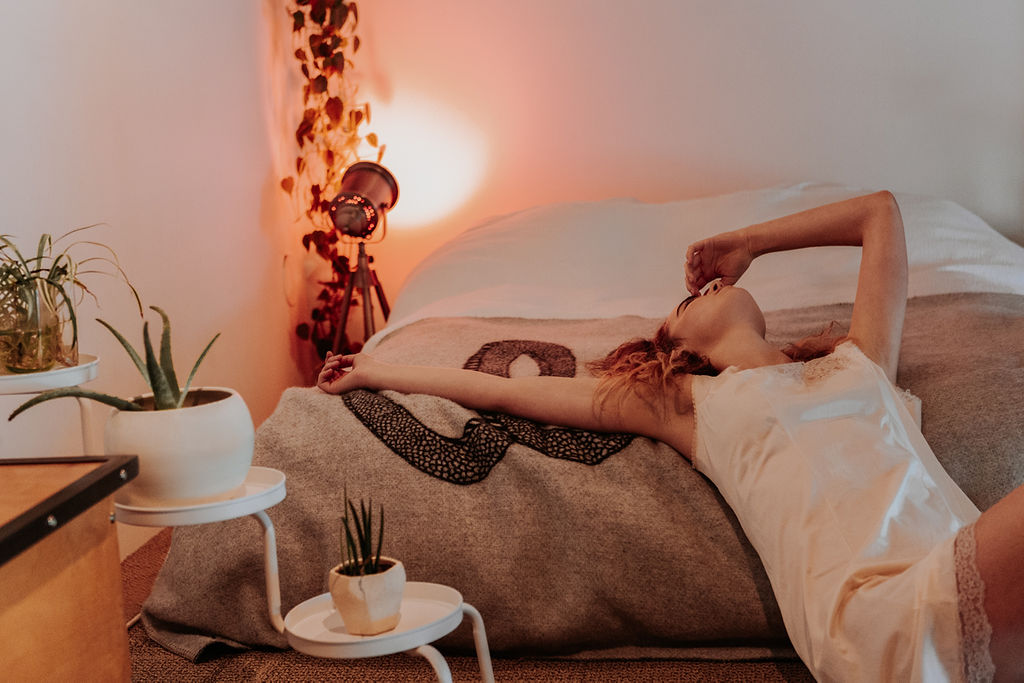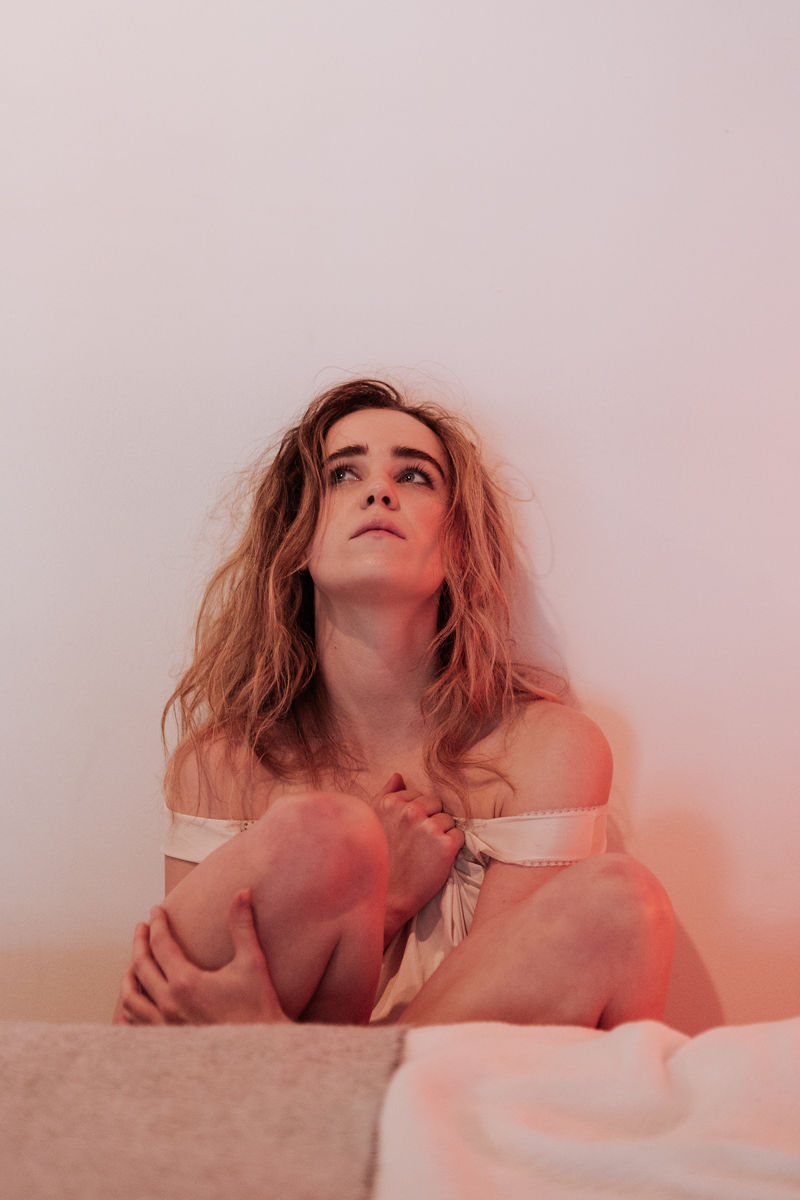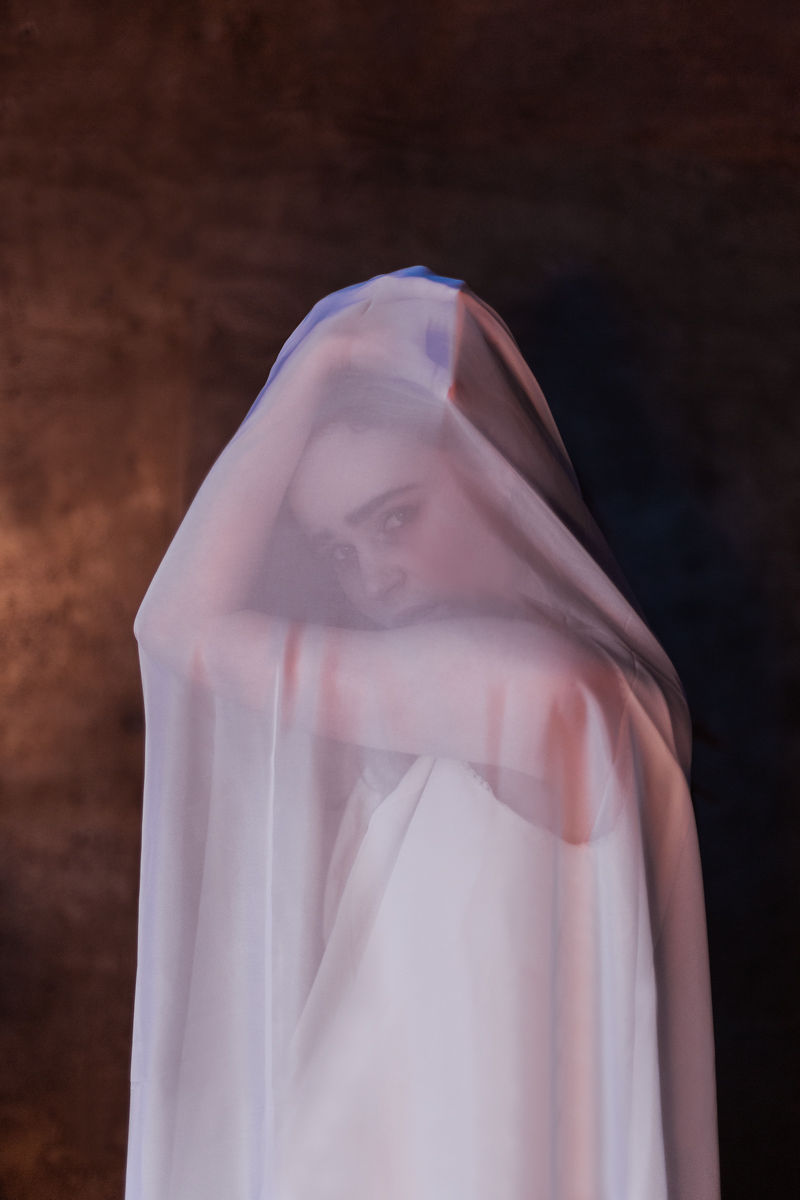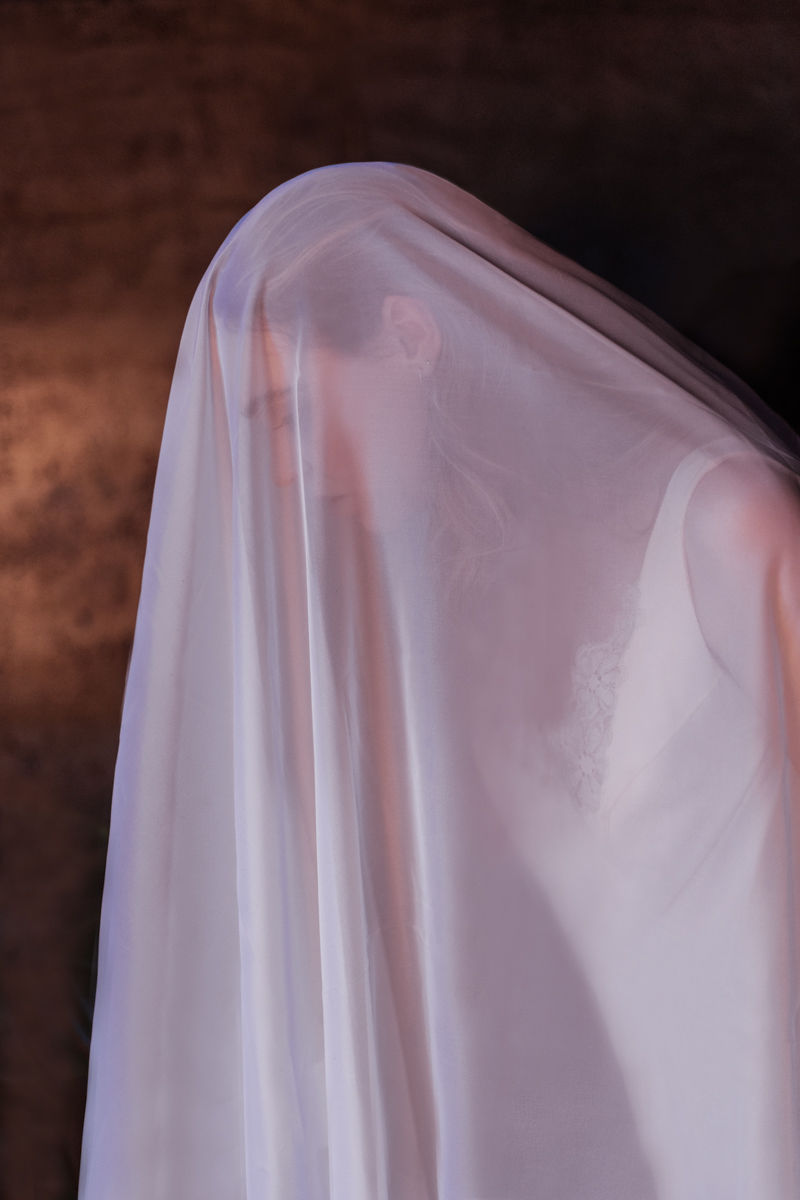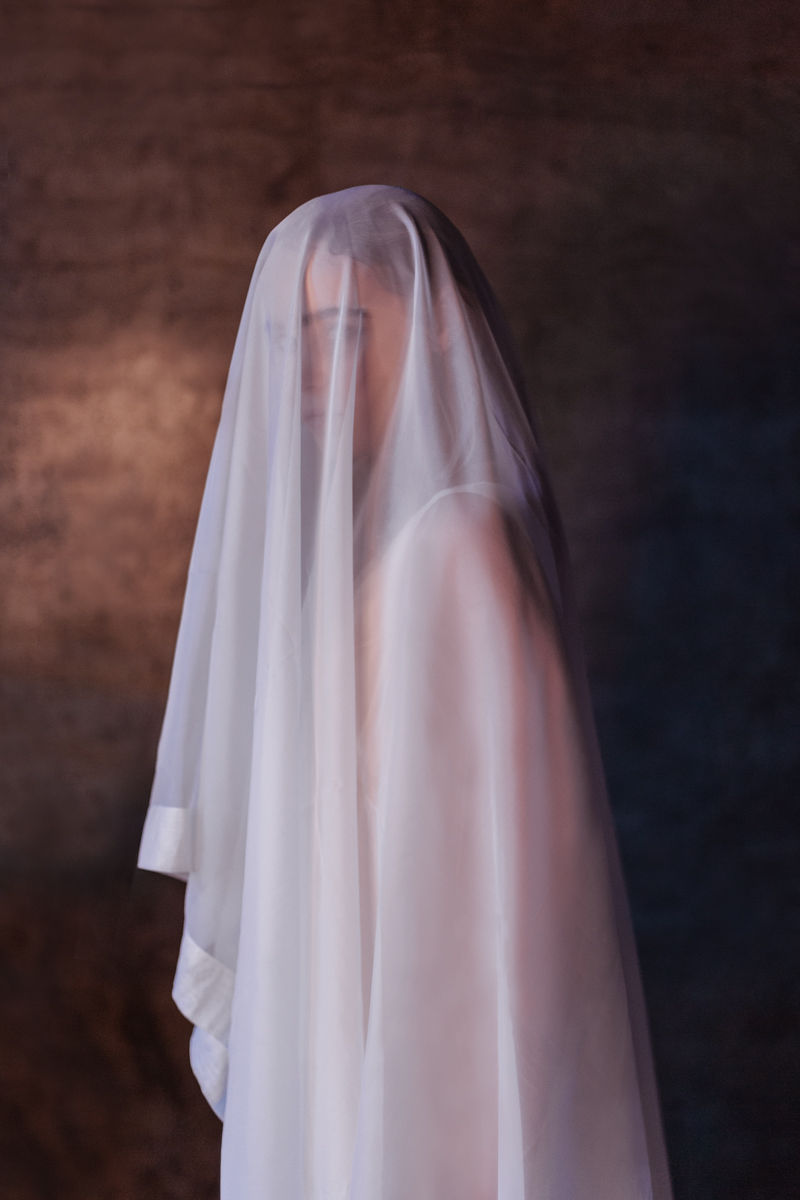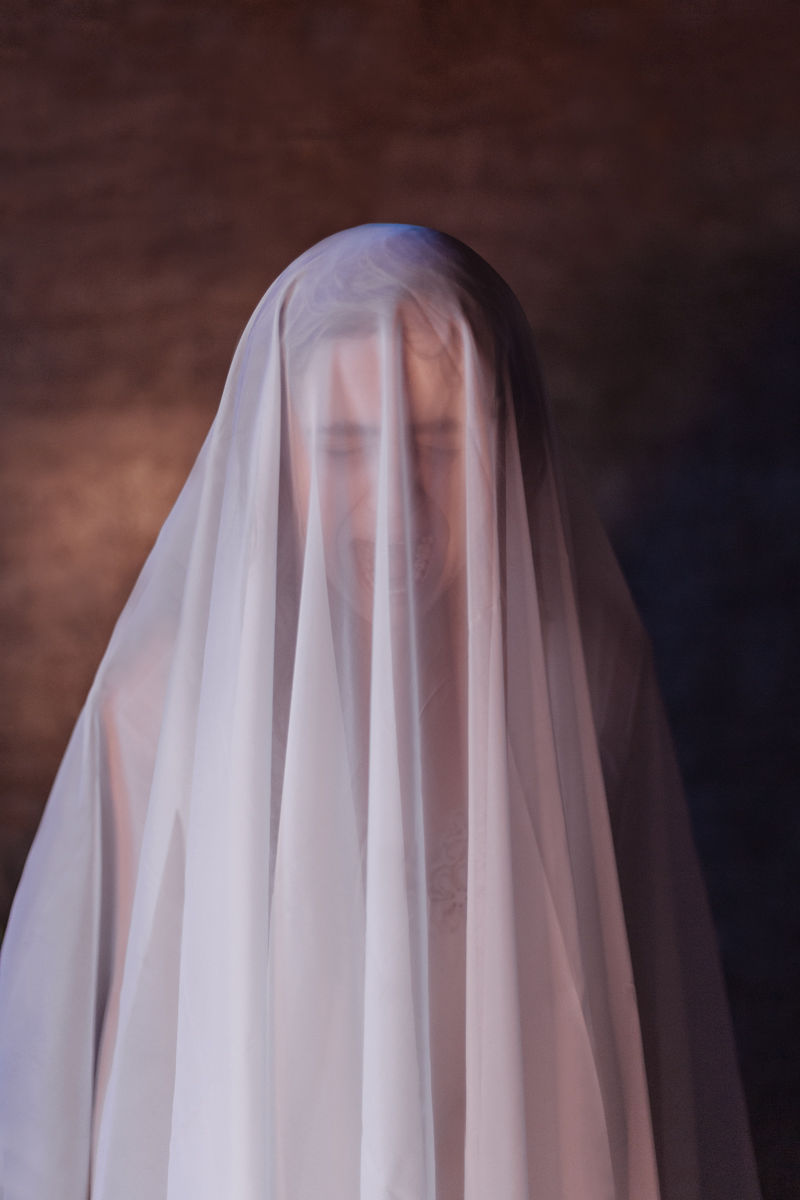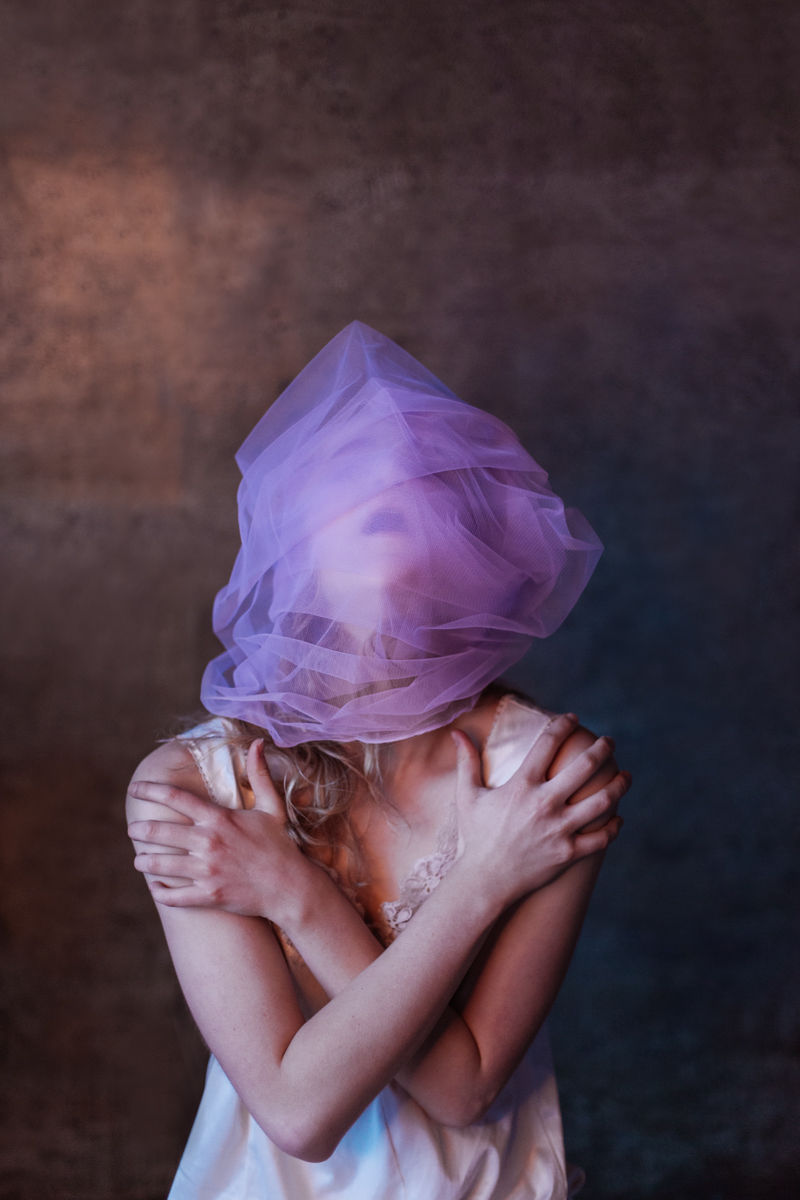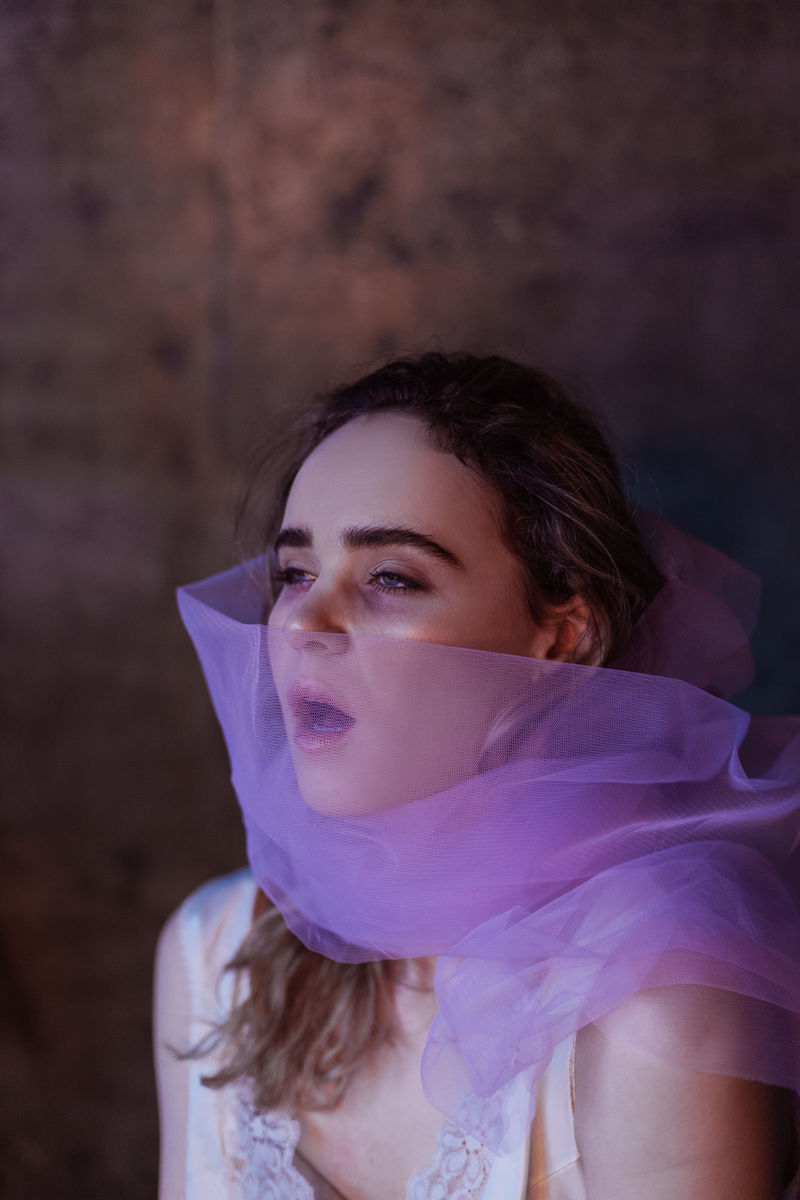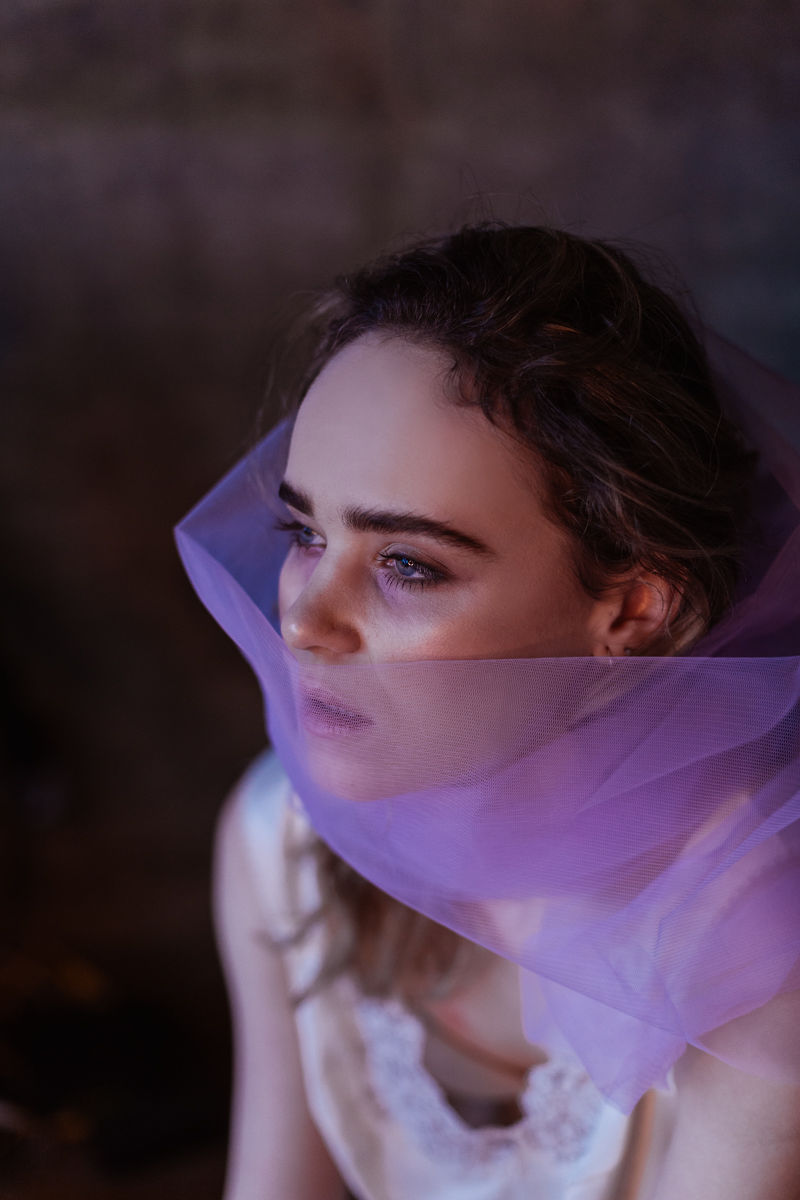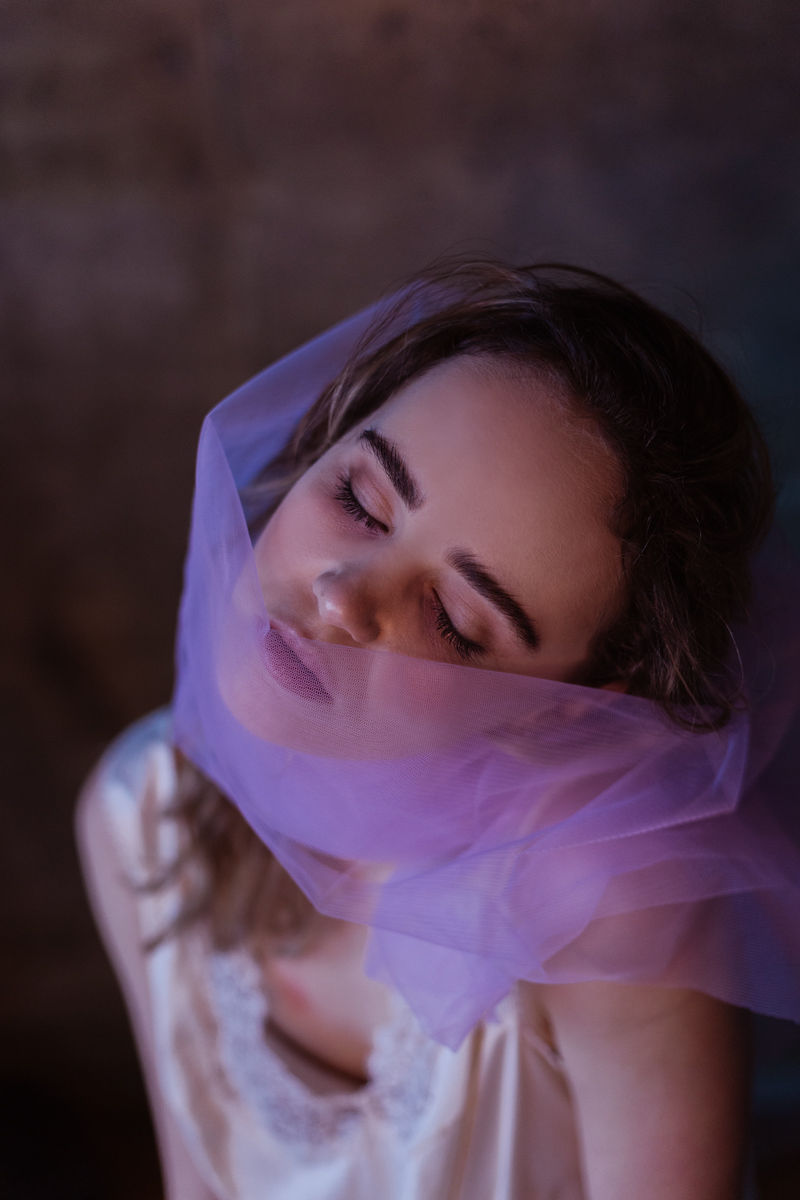An open letter to my make-up/hair beauty/film industry in Vancouver.
This has been on my mind for awhile and although it shouldn't have taken the recent roar events for me to publicly speak on it- here we are.
Vancouver has become Hollywood north. Ranking the 3rd largest film production centre here in North America, we've had the pleasure of being amidst of a growing community of black talent, many whom have moved here to pursue their careers as actors/actresses from other provinces.
This is a wake-up call to us that has been long over due. As an entire industry, it is our job and has always been our job to be acknowledge our black community. I say this because it saddens me the amount of times I've had a client or friends of mine working in film, express to me their disappointment with the beauty department. I've only been in the film industry for a little over two years (I wouldn’t say I’ve fully set foot in either) I work on MOWs, I day-call in the union, and I take on a whole variety of commercials, indies and music videos. So although it may not ring true to every single production, with the limited experience I have, I've still observed quite a bit of this.
We've had black talent arrive on set time and time again, perhaps as BG, or a double, a main cast member- just to be turned away OR come face to face with a MUA stumbling over their kit. Either not comfortable with working with dark skin tones OR not carrying a proper range of color palettes/foundations with them. They've come head to head with hair stylists who’ve had no clue what to do with their hair! Or worst, attempting to "fake it til they make it" and running a brush through their hair, hoping it'll “smooth” out and putting heat to their curls.
I could ago off explaining the intimate connection in which black culture carries with their hair and identity but even I have so much to learn. (Also I'm no expert in any way. But it's useful to note that black hair is a whole industry of its own. Afro hair is a different battle than the way it was taught in beauty school, under a european standard. An entirely different set of products/tools are used)
If you're put on the spot where you don't know what you're doing and in a pinch- this is not the time to try to BS your way through the situation. In fact, it's damn disrespectful. Ask first, then have an open, honest, and transparent conversation (without using any offensive, stereotypical terms/words that desperately need to be unlearned. Look it up). Trust me, it's much appreciated.
Beauty schools may not have provided us the education (or enough focus) however they did teach us (or should’ve) that we must be adaptable any person that sits in our chair. That being said, it is entirely our responsibility to do the RESEARCH and to EDUCATE ourselves. It’s up to us to fill in the blanks. Take a course, watch videos, and ask the sources themselves as we work on them. Ask other artists and even ask me. There is much more I need to develop but I'm more than happy to share the tips and tricks I learned along the years when it comes to working on deeper skin tones. It just needs to be said that as beauty artists, we should do the best we can to be versatile when it comes to working with all types of beauty.
Watch the "Good Hair" doc on Netflix.
Take @thetextureworkshops course.
Follow black MUAs , @danessa_myricks @patmcgrathreal @ajcrimson @ashley_rudder or other artists who have done the work and are well versed.
YOUTUBE, GOOGLE, READ BOOKS.
As the beauty department, when talent sits in our chair- we automatically take on the role of setting the tone for their day. It’s a part of the job to ensure they feel comfortable in their own skin in order to do their jobs effectively. If someone walks into our trailer to start work and we have nothing for them- how would they feel?
That being said, understanding and researching what we need to take into consideration when working with black talent stretches beyond make-up and hair. This can extend to directors: making sure they’re culturally sensitive when interacting (e.g. not saying rudeass racist remarks such as "Can you talk more black?”) learning before speaking about things they are not aware of, to costume designers/stylists: being mindful with what you're putting on the talents bodies/not appropriating or stereotyping cultures, production coordinators/managers: sourcing teams, make sure your teams know what's up! Even the light department: properly lighting black actors. The list goes on and on and on.
We cannot neglect these things yet they’re easily forgotten. It's not okay for us as a film industry to profit off of black people and their culture and have us unable show up and do our jobs properly. To exclude a community through a careless lack of knowledge is unacceptable. We are a team and a community, which means, we support each other. On a business level, If we are misaligning , then the quality of our work shifts and also affects the big picture.
If you are in the industry and have been concious of this already than I applaud you and urge you to continue to share your awareness with others. Otherwise, take accountability and do the work. We’ll all be better for it :)
Best,
Miel E.


